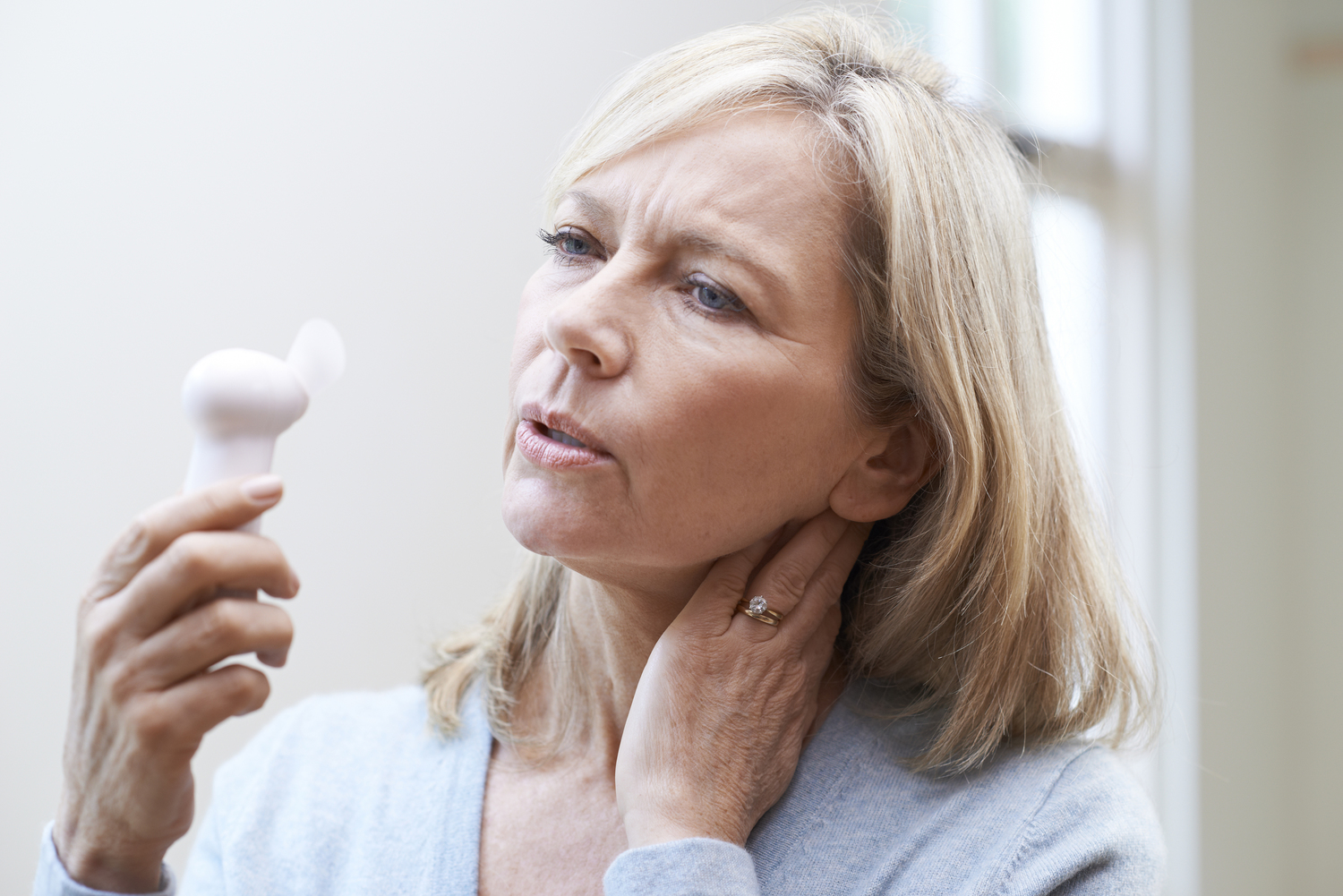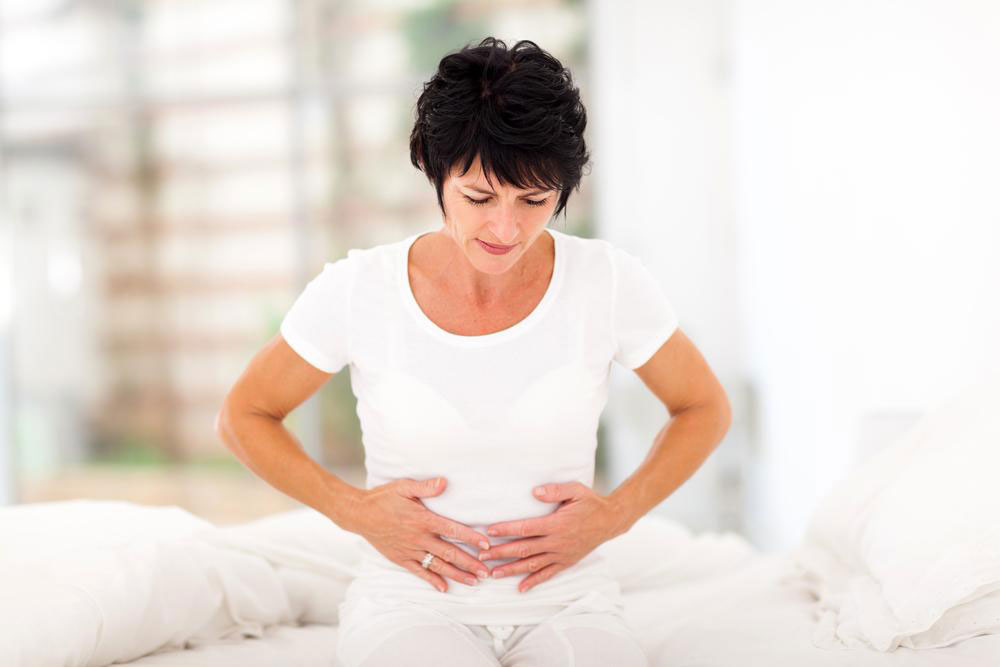Recognizing Common Signs of Menopause and How to Manage Them
This article provides an overview of common menopause symptoms such as irregular periods, hot flashes, vaginal dryness, sleep issues, and fatigue. Recognizing these signs early enables women to seek appropriate care and adopt lifestyle changes for better symptom management. Understanding menopause helps in navigating this transition smoothly and maintaining overall well-being.
Sponsored

Menopause marks the end of a woman’s reproductive years, typically occurring around age 51, though it can happen earlier or later. While some women experience minimal symptoms, others face challenging menopausal symptoms. Learning to identify these signs can help in managing them effectively. As estrogen production declines with age, women might encounter various changes such as hot flashes, irregular periods, and sleep disturbances. Being aware of these symptoms enables timely consultation with healthcare professionals to develop personalized treatment strategies.
Menopause signifies the conclusion of the menstrual cycle, with hormonal shifts playing a significant role. Factors like smoking can influence the age of onset, leading to earlier menopause. Experience varies widely among women, with symptoms including mood swings, night sweats, and vaginal dryness. Recognizing these signs early makes it easier to seek appropriate care and adopt lifestyle adjustments that ease symptoms.
Key menopause symptoms include:
Irregular Menstrual Cycles
Many women notice changes in their periods, which may become lighter, heavier, shorter, or longer. These fluctuations are primarily due to decreasing levels of estrogen and progesterone. Spotting between periods may also occur, signaling hormonal imbalance associated with menopause.
Hot Flashes
Up to 75% of women experience sudden heat surges, often causing flushing and sweating, especially on the face and upper body. These episodes are linked to declining estrogen levels, with severity varying among individuals. Some women experience fewer hot flashes, while others face frequent episodes that disrupt daily life.
Vaginal Dryness
The decrease in estrogen can lead to dryness of the vaginal tissues, resulting in discomfort, itching, and burning sensations. This condition can make sexual activity painful, necessitating moisturizers or lubricants for relief.
Sleep Difficulties
Menopause often disrupts sleep patterns, causing trouble falling asleep and early waking. To improve sleep quality, engaging in daily exercise, relaxing routines, or warm baths before bed can be beneficial.
Persistent Fatigue
Many women report ongoing tiredness and low energy levels during menopause. This fatigue affects concentration, mood, and overall well-being. Addressing hormonal imbalances through medical advice can help restore energy and improve quality of life.
Other symptoms may include night sweats, mood swings, hair thinning, decreased libido, weight changes, dizziness, and bloating. Early detection and management of these signs allow women to better navigate menopause and maintain their health and comfort.






